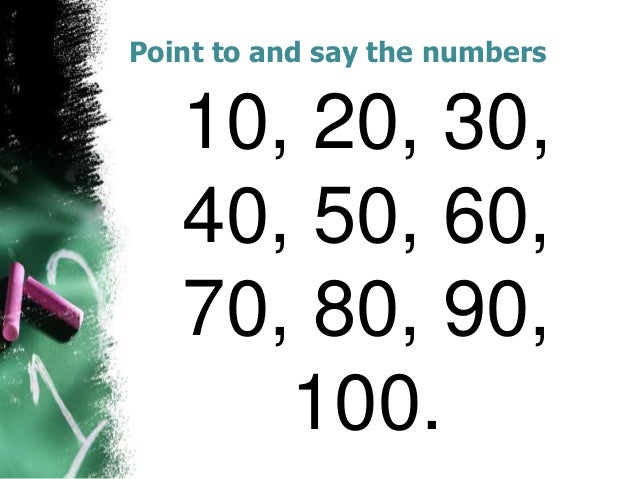
If you didn't have to work, how would you spend your time?.

How do you envision your life and your family in 10 years? 20 years? 30 years?.For instance, if you know you want to travel the world in retirement, you'll need a lot more money to float those travel expenses compared to an instance where your ideal retirement looks more like downsizing and moving to a low cost of living area.Īccording to Sheehan, there are a few questions you should consider when coming up with clear goals and a plan around retirement:

Part of coming up with a proper financial plan means getting clear on the things you need to do and want to do as you work toward retirement. "A comprehensive financial plan is the best way for someone to know if they are on track."Ī financial plan can give you a clear idea of which areas you're already hitting your goals in and which ones you need to focus on more. "Unfortunately, there is no shortcut," Sheehan says. Liz Sheehan, the Senior Vice President of Wealth Management at UBS, recommends coming up with a financial plan when starting to think about retirement.

Another strategy uses the 4% rule to help individuals calculate their retirement number - you'd just multiply your yearly expenses by 25 to find an "end goal" for how much money you need before you can retire with enough money to last you 30 years.īut before you try to start calculating numbers, there's another important way to track your retirement savings progress - and it's probably the first strategy you should turn to.


 0 kommentar(er)
0 kommentar(er)
